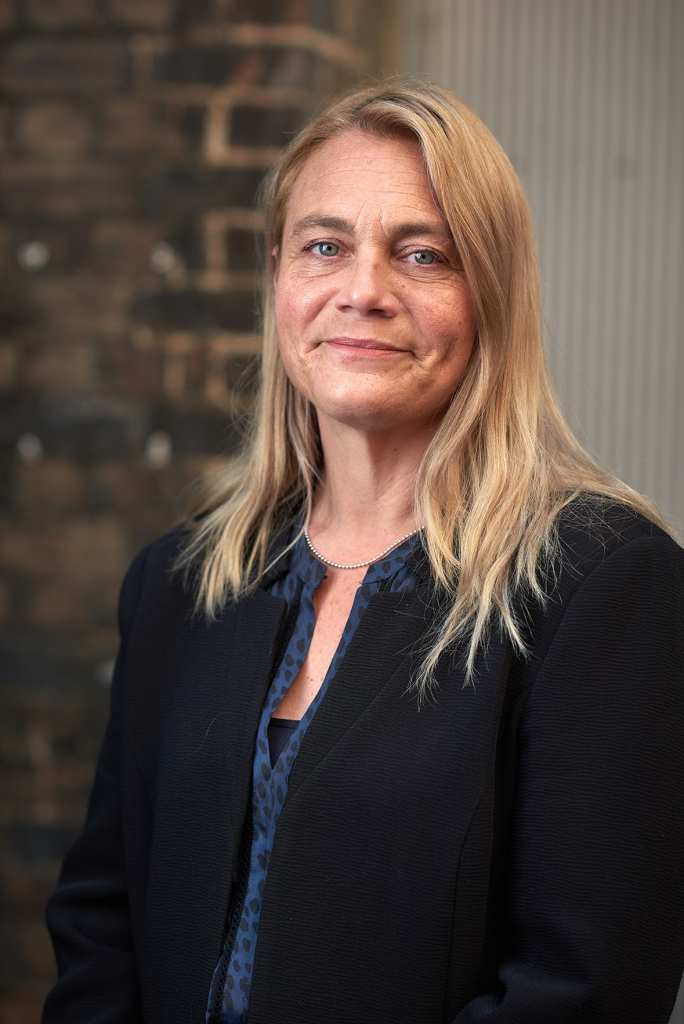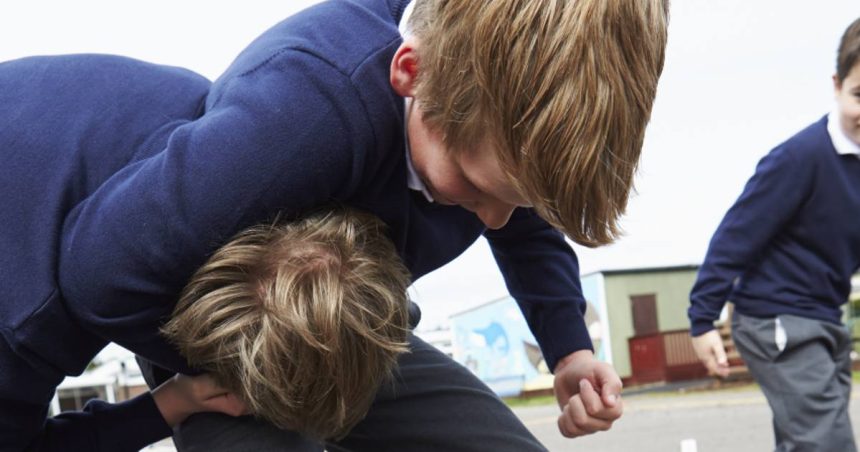Numbers of reported assaults have surged to record levels in NSW schools in the past two years, with new crime statistics, covering incidents at public and private schools, revealing almost 2300 assaults on school premises in the year to June 2024, just below 2460 the year before.
The figures show a rise in stalking, harassment and intimidation incidents, with reports doubling to 1247 in a decade. Incidents related to sexual offences, including sexual touching, climbed to 799 reports in the past year.
Separate data from the state’s Education Department, published on Friday 27 September, also shows that weapon-related issues are an increasing concern, with recorded incidents up to 728 last year, compared to 241 in 2022.
NSW Bureau of Crime Statistics and Research’s Jackie Fitzgerald says that, since the pandemic, there has been a surprising rise in assaults at schools.
“It has remained high over two years, which is concerning,” says Fitzgerald.
“We don’t know if that reflects more violence, or schools are calling police more often.”
Wider community issues must be addressed
Dr Tim McDonald is the CEO of Y (formerly YMCA) WA, which runs a school for disengaged youth, and he advises governments on student behaviour. McDonald says the rising tide of violence and harassment at schools reflects wider issues in the community.
“Tensions in communities and difficulties at home can spill over into schools. With so many forces impacting on schools we need to concentrate resources where they are needed, and ensure teachers are supported to manage misbehaviour and more serious incidents,” he says.

He believes ensuring respect and trust among students and staff is critical and lays a solid foundation for the sense of belonging students need to feel, in a positive school culture where differences are embraced and accepted.
Without that trust and respect, McDonald says, “we will have chaos, and this takes its toll on teachers”.
Complex factors contribute to school crime spike
NSW Secondary Principals’ Council president Denise Lofts says a range of complex factors are contributing to the rise in reports, including improved awareness about reporting, and the way young people today are more prepared to speak up about sexual offences.
“There is also a need for more school support officers, especially in regional and remote schools, and for more school councillors,” Lofts says.
NSW Teachers’ Federation deputy president Amber Flohm says a decline in mental health in young people and increased pressure of families has also played a part.

“The focus should be on increasing resources in schools focus on student and staff well-being,” she says.
“But there must be a balance between schools being the primary purpose of teaching and learning and not the place where all issues can be resolved.”








